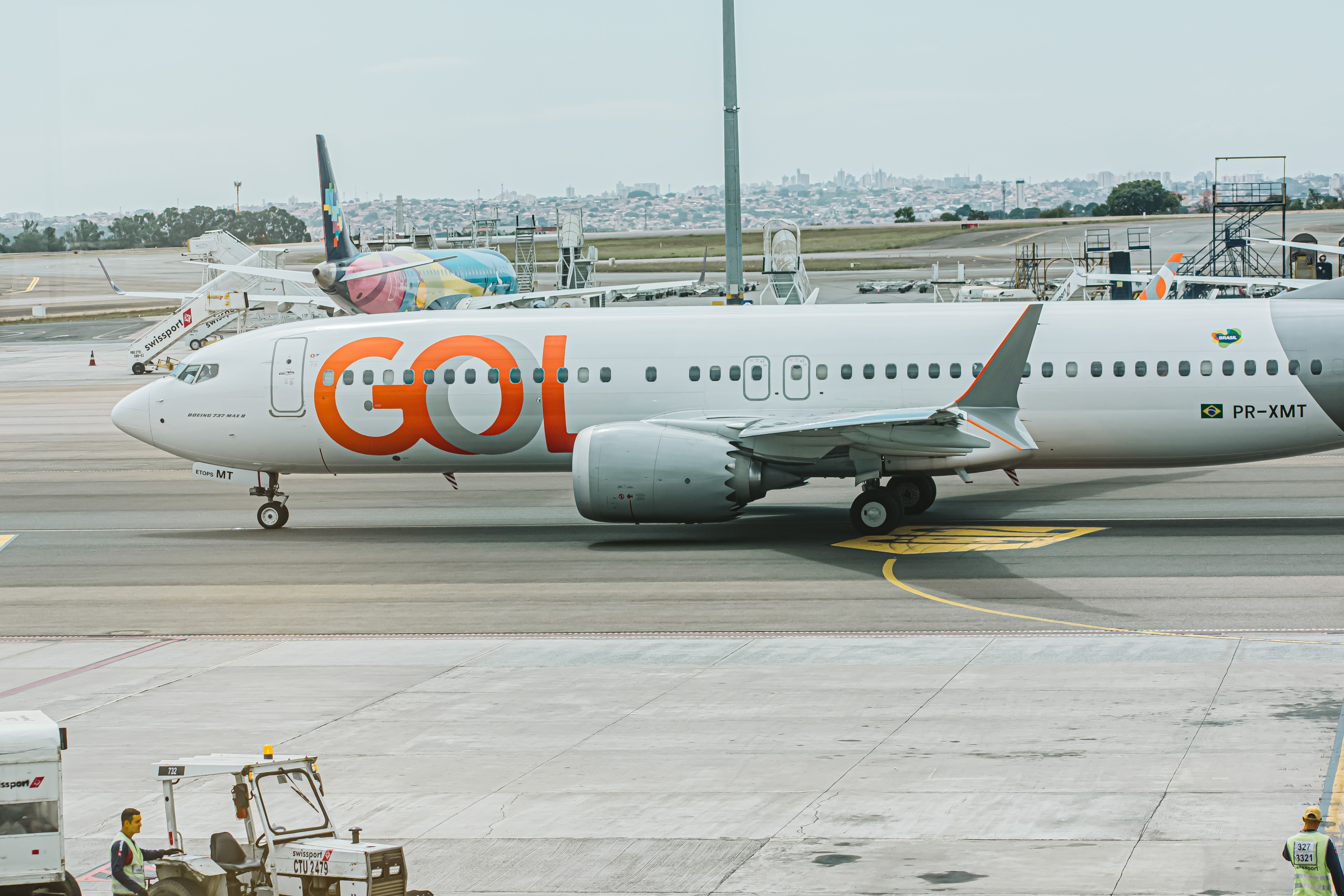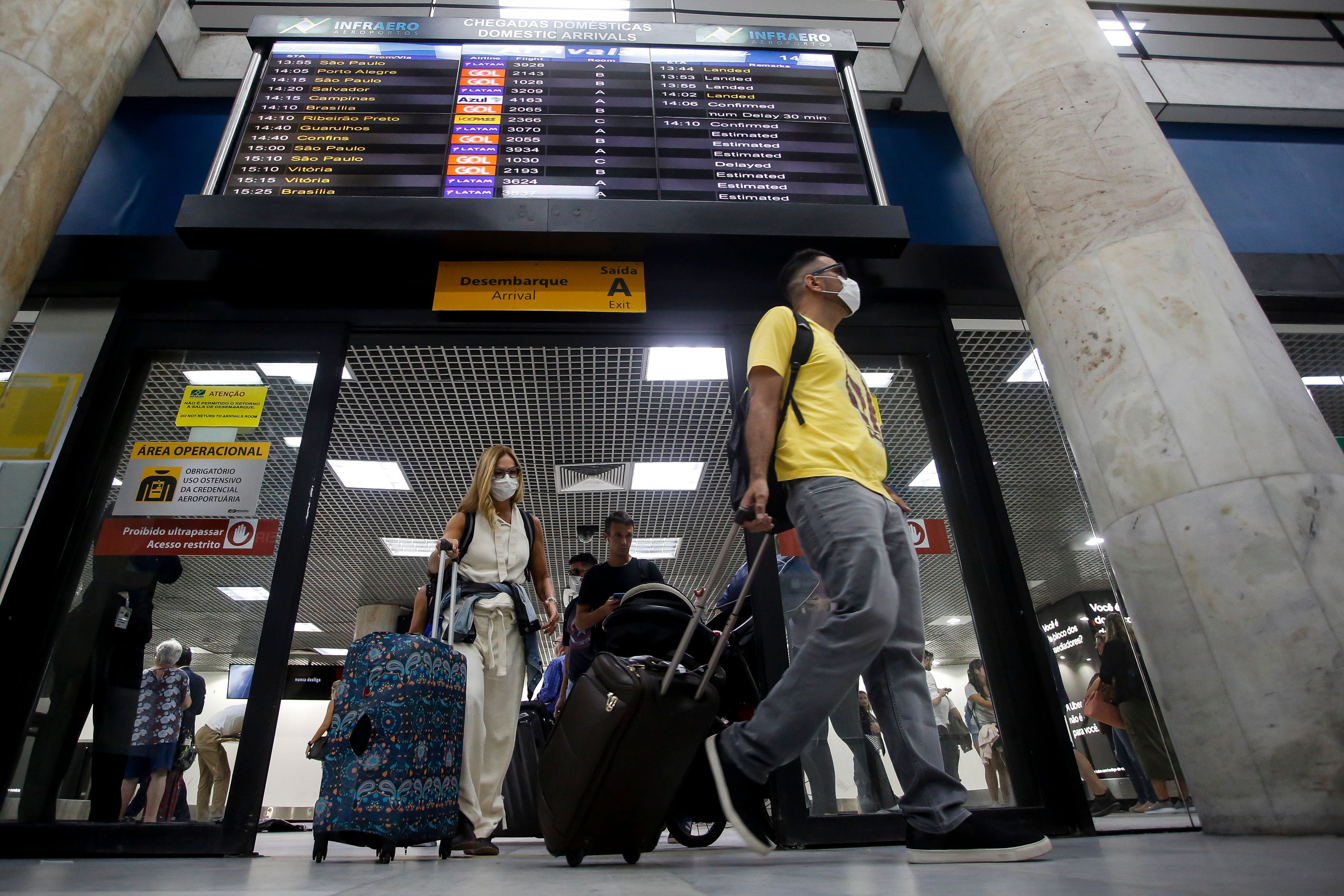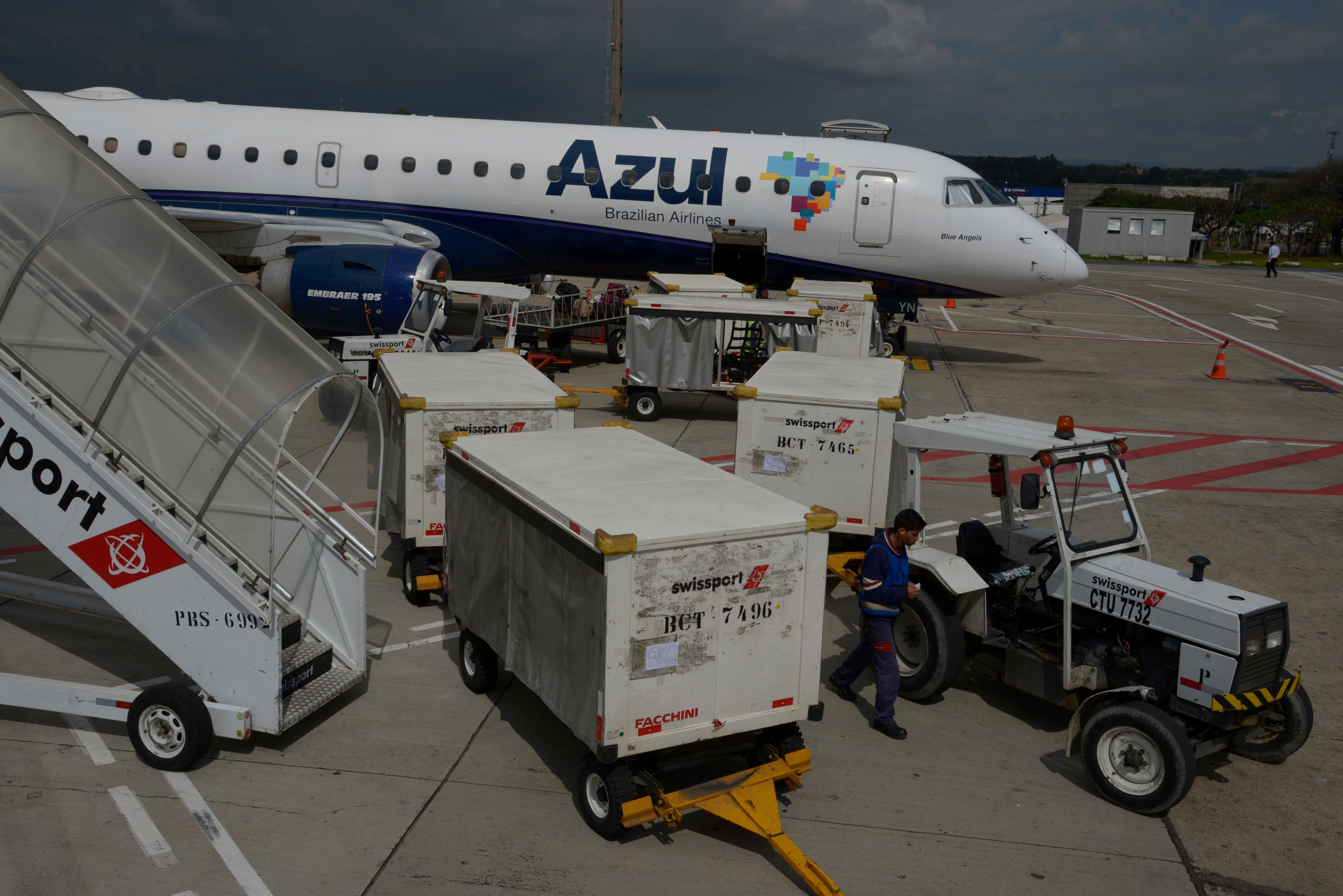On June 15, Brazil’s president Jair Bolsonaro vetoed the initiative to reinstate free baggage allowance on domestic and international flights across Brazil. The Brazilian president argued that such a measure could generate “inefficiency in the sector, with more expensive tickets” and violate international agreements. But how did we get here?
Voos Simples
Over the last few months, Brazilian politicians have been discussing the Medida Provisória 1.089/2021, also known as Voos Simples (Simple Flights).
This law project did a kind of clean-up on regulatory issues that no longer apply today and recognized aviation as a business similar to many others, removing barriers to creating companies, for example. It also pushed a few additional measures, such as free baggage allowance on domestic and international flights and banning unruly passengers.
The possibility of reinstating free baggage on flights was a thorn on the side of the aviation airline industry which immediately lobbied against it.
Despite the lobbying, the free baggage measure went through all the necessary steps to be approved, including a green light by Brazil’s Chambers of Deputies and Senators. The final step was for the Brazilian president, Jair Bolsonaro, to approve or veto; he chose the latter. Bolsonaro’s decision will now be analyzed by Brazil’s National Congress.
Why veto the measure?
Brazil had a measure that forced airlines to provide free luggage on all flights until 2017. That year, the government ruled airlines in Brazil could charge additionally to provide luggage services. The carriers claimed, at the time, that imposing such a measure would enable fares to drop.
According to the Brazilian Senate, the 2017 rule did the opposite. Fares rose 8% in 2019 and 20% in 2021. Here’s a graph provided by Brazil’s civil aviation authorities, showing the growth and decreases of the average domestic fare between 2003 and 2022.
Nonetheless, when arguing why he would veto the free baggage allowance, Mr Bolsonaro said this measure could generate “inefficiency in the sector, with more expensive tickets.”
Carlos Portinho, senator from the Rio de Janeiro's Liberal Party, said that the gratuity would not represent a drop in the price of the tickets since the baggage operation costs would be passed on to the passengers. He added, “the airfare is not composed of the baggage price. Airfare is mainly composed today of the price of fuel and its parity in dollars.”
What did the airline industry say about the measure?
Last week, José Ricardo Botelho, executive director of the Latin American and Caribbean Air Transport Association (ALTA for its name in Spanish), published a statement regarding the possibility of reinstating free baggage in Brazil.
He argued that since 2017, Brazil has seen exponential growth in the number of passengers. He added,
“We have recovered about 90% of our pre-pandemic traffic levels, reaffirming the essential role that air transport plays in this country. Air Transport is a real need, but one still sensitive to the price variable.
"Approving this measure will have a profoundly detrimental effect on the entire population in the country, on the economy that is trying to recover, on the creation of jobs and opportunities, and on the daily life of the people who depend on this means of transport.”
Approving the mandatory inclusion of checked baggage would have been a setback in democratizing air transport in Brazil, he said. Currently, airlines allow passengers to choose different fares that serve different service levels.
“The fact that we do not see the cost of baggage handling at all stages of the flight does not mean that it is free.”
The Brazilian Airline Association (ABEAR, which has members such as LATAM, GOL, and Boeing) also said that the return of this measure would have been a step backward, misaligning the country with the best international practices to reduce costs.
What do you think? Should baggage be included when buying a ticket with an airline or not? Let us know in the comments below.




